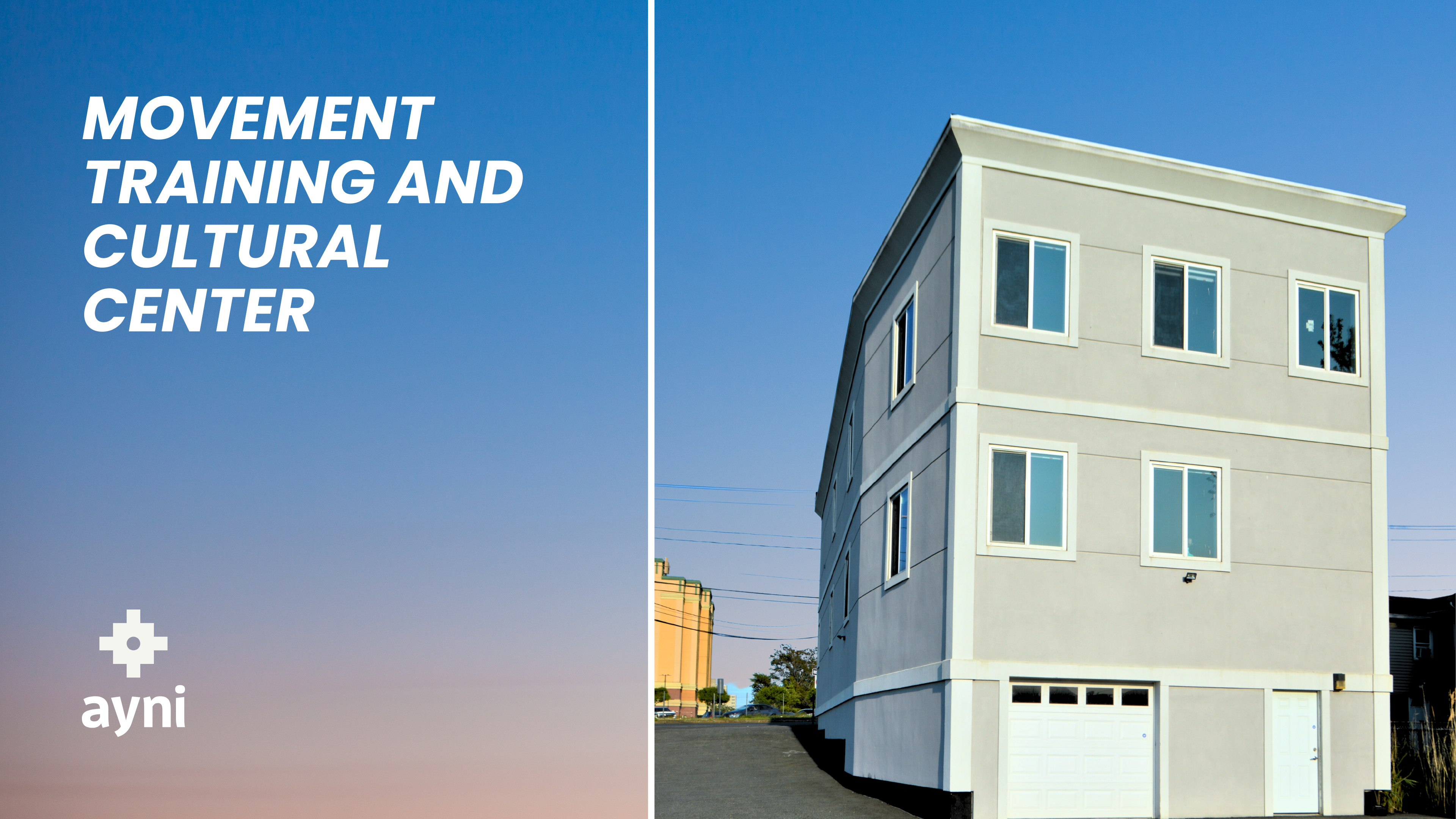Charting a Course for Community Action
The Sasaki Foundation recognizes the need for interdisciplinary approaches, diverse community voices, and regional cooperation as key drivers to find shared solutions and create shared impact.
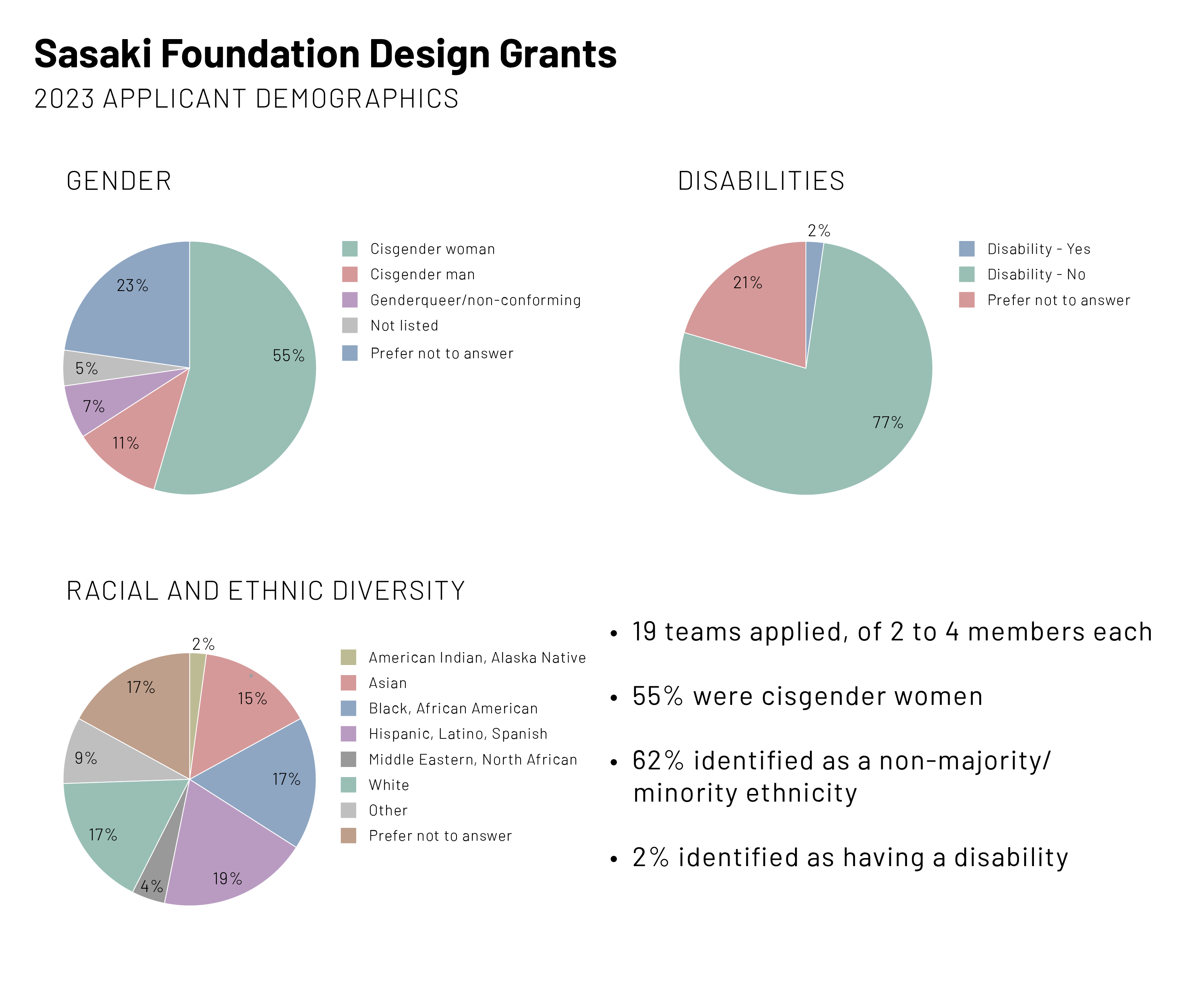
EarlyEducatorSpace 2.0: Reimagining Public Housing with Childcare in Mind
New Models for Housing
Innovation in Health and Wellbeing
Kimberly Lucas, Isabella Buford, Taylor Cain, Rahul Ramesh
EarlyEducatorSpace 2.0 from the Boston Housing Authority (BHA) is a unique opportunity to bring together family childcare providers, families, neighbors, and affordable housing property managers in a way that expands access to childcare, creates opportunities for economic mobility for public housing residents, and enhances affordable housing spaces. In three design sessions, participants will reimagine and codesign common green space in one BHA development as a site inclusive of care for young children.
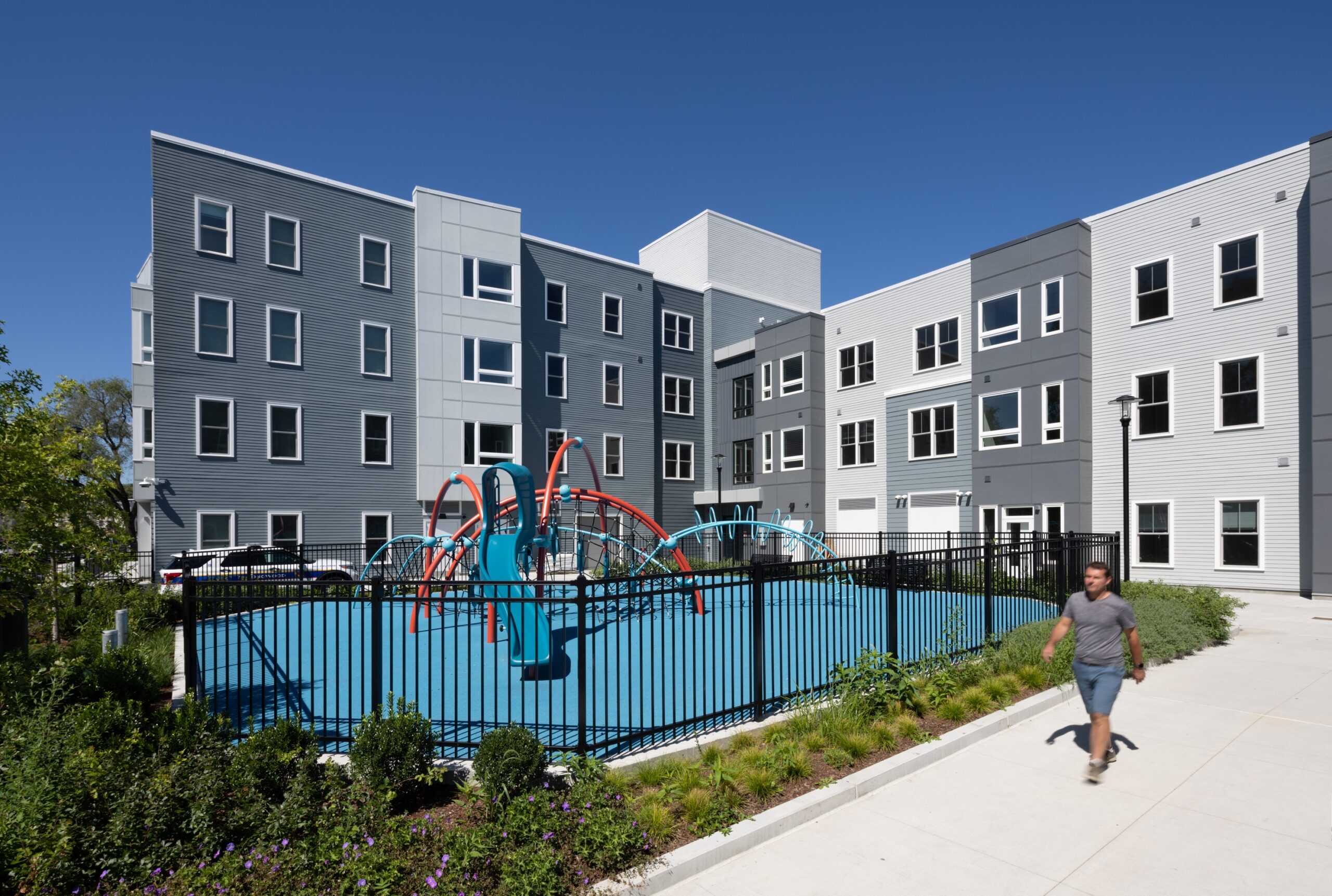
Outdoor space project at Old Colony in South Boston, a BHA site, that has been geared towards young children and their caretakers
Image courtesy BHA
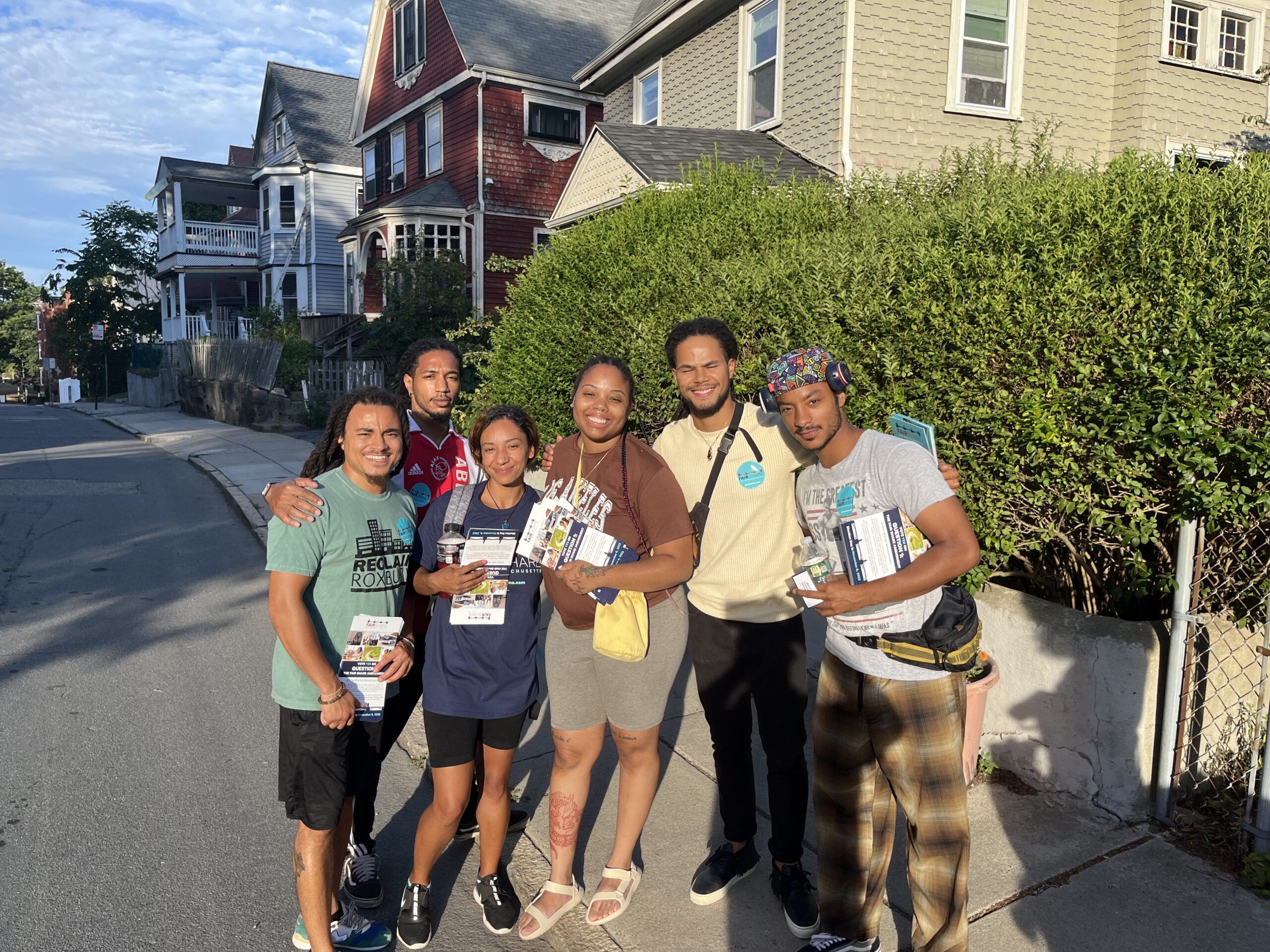
Armani White, Lauren Miller, Kai Palmer-Dunning
The Survival Guide to Living and Staying in Roxbury from Reclaim Roxbury is both a storytelling and practical information project on the current and past fights for community land development, how to develop land, and how to apply for rental and homeownership opportunities. Roxbury is a rapidly gentrifying, predominantly Black, working-class community in Boston. The multimodal document will serve as a conversation starter within the community, to help connect people to advocacy resources and share their own stories. The guide will help with creative community building, using art and storytelling to enhance community planning.
Magdalena La Battaglia, Elsa Flores, Ana Martinez
The Harborkeepers proposes Building Food Resilience through Urban Container Gardening from the Comfort of Home, addressing food waste and food resiliency challenges in East Boston through a series of educational and problem-solving workshops and activities focused on growing food in limited urban housing spaces, such as people’s homes, terraces, or even inside from their window sills, as a way to address that people in densely populated urban communities may not have access to local community urban gardens or yards to grow their own fresh and healthy produce.
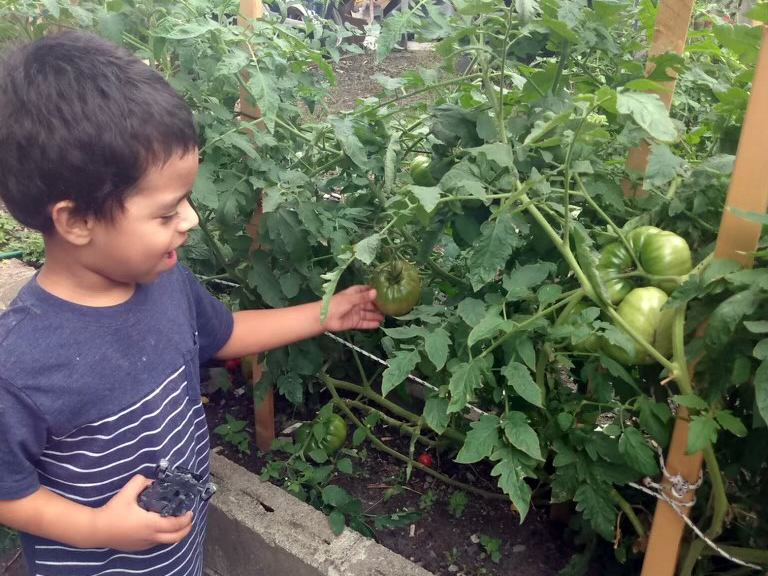
Gardening in East Boston
Image courtesy The Harborkeepers
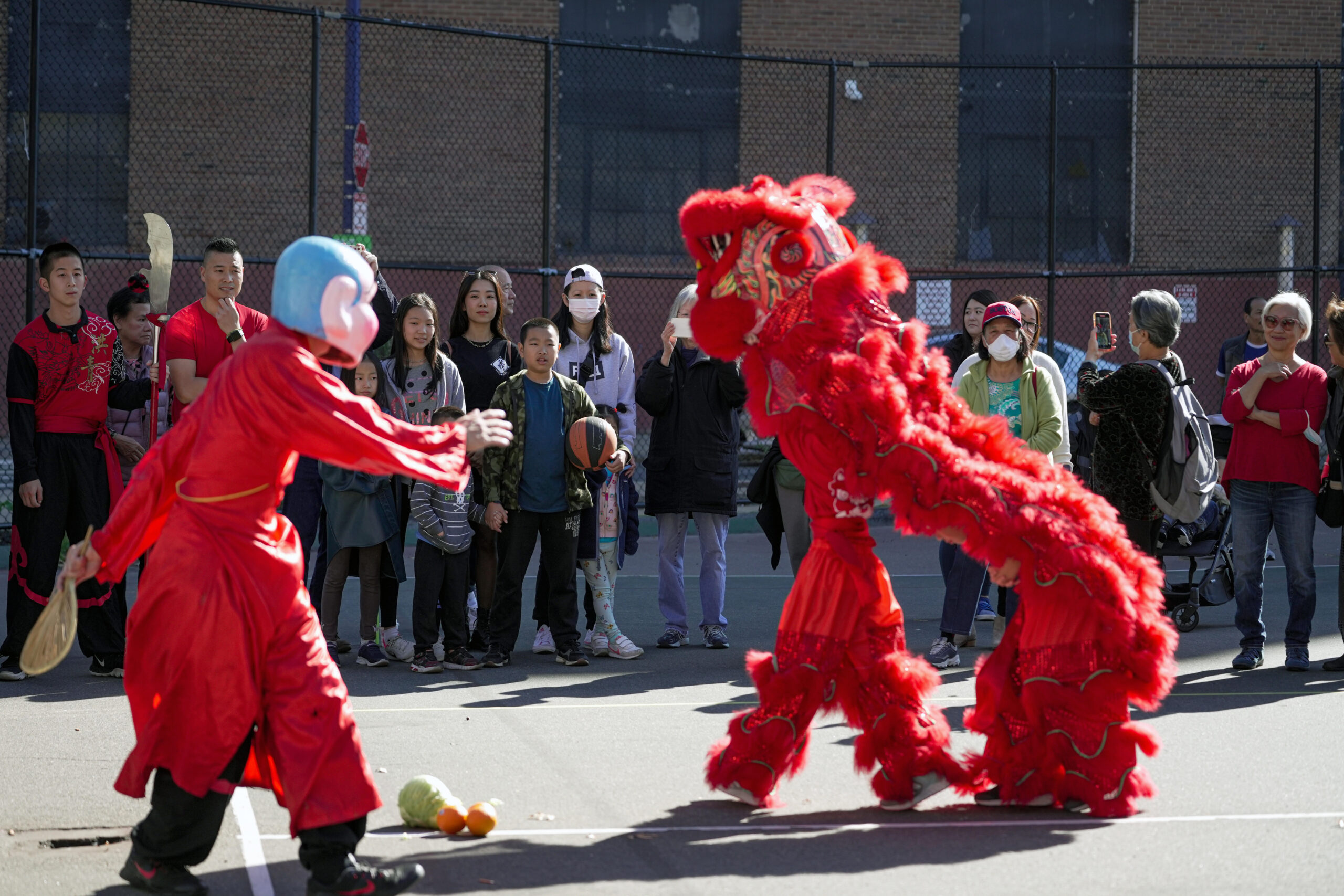
Reggie Wong Park Day, October 16, 2022
Photo courtesy Billy Chen of The Chinatown Project, via Chinatown CLT
Innovation in Health and Wellbeing
Proactive Approaches to Climate Adaptation
Environmental Justice
Lydia Lowe, Kathryn Friedman, Sari Kayyali
Chinatown Community Land Trust (CLT) seeks to improve and expand open space in Chinatown, Boston’s densest and hottest neighborhood. Chinatown CLT will engage designers in supporting community planning efforts to secure community governance and improvements for Reggie Wong Park, to advocate for a new community-oriented park in Parcel 25 development, and, longer term, to advance the vision for a green space next to the future Chinatown Library. Chinatown CLT is also part of the Chinatown HOPE initiative, which is focused on moving the Phillips Square public space into a second phase community design process.
Gloribell Mota, Vanny Huot, Carlos Saavedra, Rodrigo Saavedra
The Ayni Institute is an organization rooted in the working class, immigrant, BIPOC communities and Indigenous wisdom. Boston’s rapid gentrification and the pandemic have displaced the organization and impacted its ability to train leaders in social change. To address this, the Ayni Institute committed to jointly buy a building with Neighbors United for a Better East Boston (NUBE). Recently, the partnership raised funds to purchase a 4,500 square foot building in Revere with the capacity to house trainings and a cultural center, and serve as a regional movement hub, providing inclusive and strategic meeting space for movement leaders.
